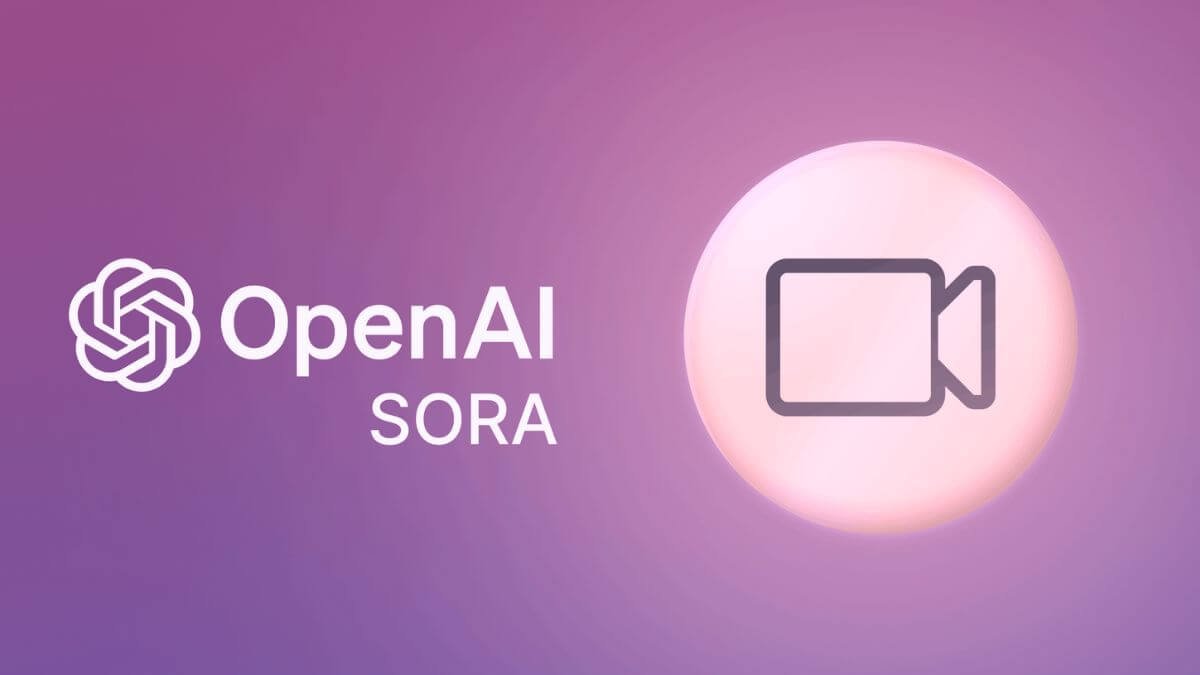In a groundbreaking development, OpenAI has introduced Sora, a cutting-edge software capable of transforming text prompts into videos up to a minute long. This innovation marks a significant milestone in the field of generative AI, pushing the boundaries of content creation and digital media.
Key Highlights:
- Sora’s Capabilities: The AI can generate complex scenes, including multiple characters and motions, based on simple text prompts.
- Versatility and Use Cases: Aimed at visual artists, designers, and filmmakers, Sora facilitates creative experimentation and practical application in various industries.
- Continuous Improvement: Despite being a work-in-progress, OpenAI is committed to enhancing Sora’s accuracy, including refining spatial details and camera trajectories.
- Safety Measures: OpenAI is developing tools to identify videos generated by Sora, addressing potential concerns regarding authenticity and misinformation.
The introduction of Sora by OpenAI represents a significant leap forward in the domain of generative AI. This text-to-video model can produce minute-long videos from written prompts, a feature that expands the creative horizons for professionals across multiple fields. Sora not only supports the generation of videos from text but also can animate still images, offering a new dimension to digital storytelling and content creation.
Sora stands out for its ability to create videos featuring complex scenes with multiple characters, diverse types of motion, and detailed backgrounds. This capability signifies an important advancement in AI’s role within creative industries, providing tools that previously were unimaginable. The model is in its red teaming phase, which aims to identify and rectify flaws, ensuring its readiness for broader application.
As with any emerging technology, Sora is not without its challenges. OpenAI acknowledges that the model may struggle with maintaining spatial accuracy and following specific camera movements, highlighting the ongoing development and refinement process. Moreover, the company is proactive in addressing the potential misuse of this technology by developing mechanisms to detect videos generated by Sora, underscoring a commitment to ethical AI development.
OpenAI’s Sora joins a growing list of AI-powered tools designed to streamline content creation processes. Meta Platforms, the parent company of Facebook, recently bolstered its image generation model, Emu, with AI-based features for editing and generating videos from text prompts, signaling increasing competition in the generative AI space.
Despite its impressive capabilities, Sora is still a work-in-progress. OpenAI acknowledges that the model may encounter challenges such as spatial detail confusion and difficulty in following specific camera trajectories. However, the company is actively developing tools to address these issues and improve the overall performance of Sora.
This innovation follows the success of OpenAI’s ChatGPT, underscoring the organization’s role at the forefront of generative AI technology. Sora’s introduction comes at a time when major tech companies, including Meta Platforms, are also exploring similar capabilities, reflecting the increasing competition and rapid evolution within the field.
In conclusion, OpenAI’s Sora represents a transformative development in digital media production, offering unprecedented creative possibilities through the simple act of typing text prompts. As this technology continues to evolve, its potential applications seem limitless, promising to redefine content creation, entertainment, and beyond. However, as we embrace these advances, the importance of ethical considerations and the impact on digital authenticity become increasingly critical, prompting a broader discussion on the future of generative AI and its role in society.



















